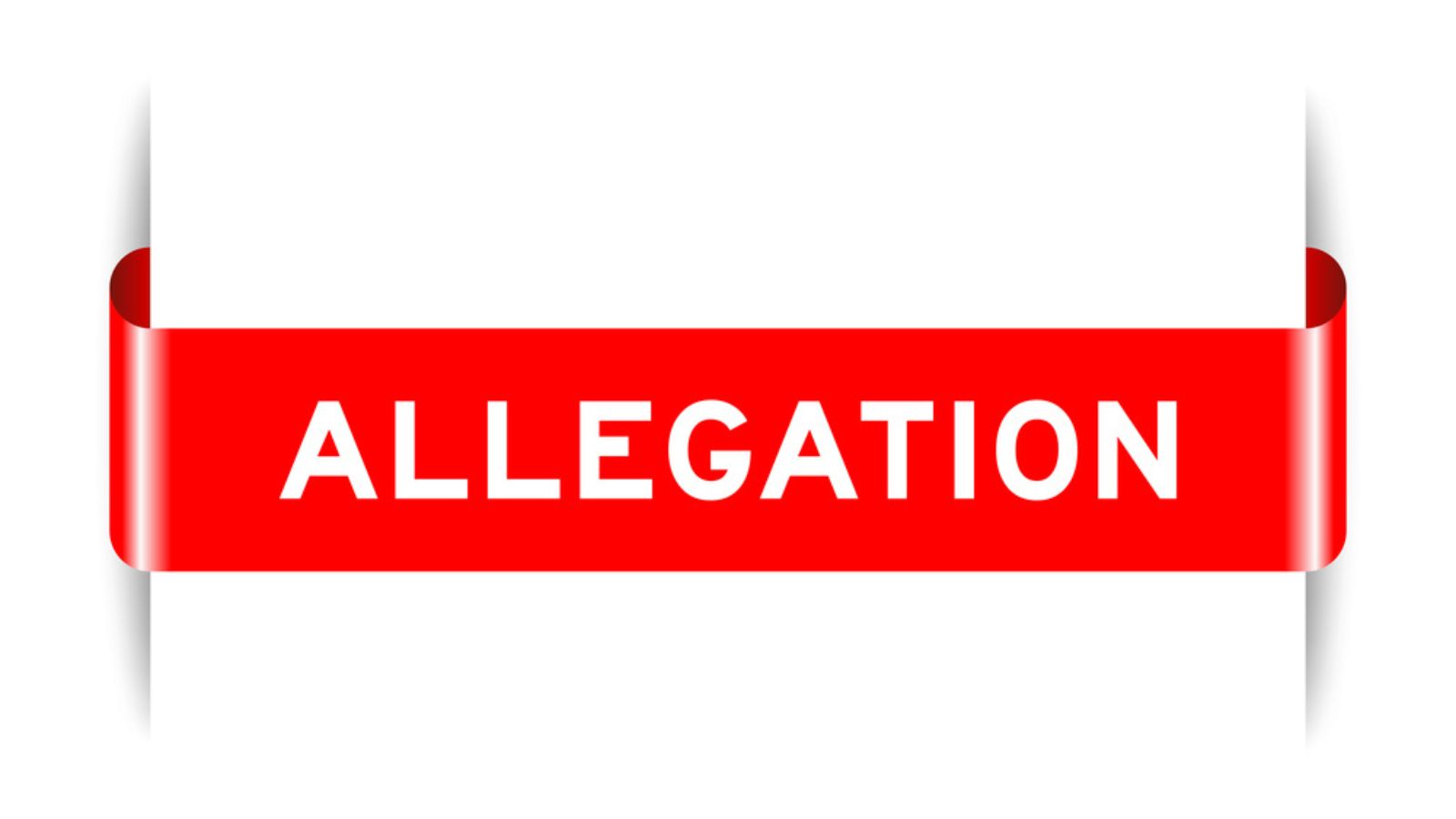Rep. Jamie Raskin (D-Md.), a key figure in the House Oversight Committee, finds himself facing renewed criticism over his wife’s stock trades.
The Center for Renewing America has reignited an ethics complaint against Raskin, accusing him of failing to promptly disclose his wife’s stock holdings, sparking concerns over potential violations of federal financial disclosure laws.
Allegations of Breach of Financial Disclosure Laws

The Center for Renewing America has revived an ethics complaint against Rep. Jamie Raskin, alleging a breach of federal financial disclosure laws.
Delay in Reporting

The complaint focuses on Raskin’s delay in reporting his wife’s stock shares received from a Colorado-based financial technology company.
Criticism from Conservative Policy Group

President Russ Vought of the Center for Renewing America emphasized the importance of transparency in public office, stating that members of Congress must disclose assets to allow the public to assess potential conflicts of interest.
The complaint filed by Vought highlights concerns over Raskin’s failure to disclose his wife’s stock holdings in a timely manner.
Potential Violations Highlighted

The ethics complaint against Raskin underscores potential violations of federal financial disclosure laws.
Raskin’s failure to disclose assets, as alleged in the complaint, raises questions about his reporting duties and transparency regarding his financial interests.
Previous Allegations and Impact

This is not the first time Rep. Jamie Raskin has faced allegations regarding his wife’s stock trades.
Similar accusations arose in 2022, prompting scrutiny over a $1.5 million payout received by Raskin’s wife from selling shares of Reserve Trust.
Impact on Sarah Bloom Raskin’s Appointment To Fed

The impact of these allegations has extended to President Biden’s nomination of Sarah Bloom Raskin as the Federal Reserve’s vice chairwoman for supervision.
Concerns Over Congressional Stock Trading

The incident involving Rep. Jamie Raskin adds to ongoing concerns surrounding Congressional stock trading.
Members of Congress trading stocks raise suspicions of potential insider information and conflicts of interest.
Ban Congressional Stock Trading Act

The controversy surrounding Raskin’s delayed disclosures contributes to the debate over the necessity of regulations such as the “Ban Congressional Stock Trading Act.”
Broader Context of Congressional Stock Trading

The scrutiny of Rep. Jamie Raskin’s stock disclosures echoes broader concerns regarding Congressional stock trading practices.
Instances of lawmakers engaging in stock trading, coupled with delays in disclosing financial interests, fuel calls for greater transparency and accountability within Congress.
Notable Instances and Responses

Recent instances of significant stock investments by lawmakers, such as Sen. Tina Smith’s (D-Minn.) investment in a medical device maker’s stock, have drawn attention.
Sen. Smith’s investment and subsequent profit highlight the need for closer examination of Congressional stock trading practices.
Calls for Regulatory Action

The controversies surrounding Rep. Jamie Raskin and other lawmakers underscore the urgency of regulatory action to address concerns over Congressional stock trading.
Calls for stricter regulations, including the “Ban Congressional Stock Trading Act,” gain momentum amid growing scrutiny and public demand for transparency in government affairs.
Read More From The Stock Dork



 Tags:
Tags:










